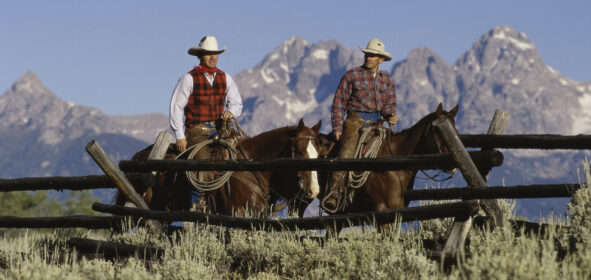
What you plant is what you get! Any farmer knows that. The kind of harvest he will get is determined by the kind of seed he sows. If he sows seeds of corn he will get a corn crop. If he sows wheat seed he will get a wheat crop. Likewise, good seed will produce a good crop, and bad seed a bad crop. This is an unchanging law of nature established and determined by God’s divine law–“Whatever a man sows, this he will also reap.” Galatians 6:7-10
The law of Sowing and Reaping
Three unwavering Principles of Sowing and Reaping . . .
I. First Principle – I Reap what I Sow . . . If I plant corn, I will reap corn. If I plant wheat, I will reap wheat. It is an unchanging, unwavering law. Same is true in our spiritual life . . . “For the one who sows to the flesh will from the flesh reap corruption, but the one who sows to the Spirit will from the Spirit reap eternal life”–Galatians 6:8. When we harbor a grudge, nurse a grievance, entertain an impure thought, linger in bad company, read pornographic literature, or allow temptation to strain our self-control we are sowing to the flesh. If on the other hand we foster habits of devotion to daily prayer and Bible reading, join with other believers on the Lord’s Day, and “seek and set our minds on the things of God” (Colossians 3:1,2), we are sowing to the Spirit.
The harvest distinguished between these two sowings is obvious and logical–If we sow to the flesh, we shall from the flesh reap corruption. If we sow to the Spirit, we shall ‘from the Spirit reap eternal life.’ “But I say, walk by the Spirit, and you will not carry out the desire of the flesh”–Galatians 5:16.
II. Second Principle – I Reap More than I Sow . . . One bushel of wheat seed will yield approximately 61 bushels of harvested wheat (Missouri Wheat Facts). Compared to eternity, life on earth is short. But the harvest of seed planted during our earthly life will yield fruit for an eternity. In the Parable of the Sower, Jesus speaks of the increase in harvest of seed that is sown–Matthew 13:8 “And other seed fell on good soil and yielded a crop, some a hundredfold, some sixty, and some thirty.” (italics, mine) We reap more that we sow!
III. Third Principle – I Reap Later than I Sow . . . When winter wheat is planted in the fall, on average it will take about seven to eight months to reach maturity and be ready for harvest. Harvesting is always later than the sowing. What we plant on earth, we will be held accountable for in eternity–I Corinthians 3:13-15 “Each man’s work will become evident . . . If any man’s work . . . remains, he will receive a reward. If any man’s work is burned up, he will suffer loss; but he himself will be saved, yet so as through fire.”
A farmer hurt the feelings of a 14-year-old boy. The teenager wanted to get even, so he sowed the farmer’s richest bottom land with Johnson Grass seed. Later, the boy grew up, fell in love with and married the farmer’s daughter. When the farmer died, he left that bottom land to him. He spent the rest of his life fighting Johnson Grass that he had planted as a boy. We reap later than we sow!
“Let us not lose heart in doing good for in due time we will reap if we do not grow weary”–Galatians 6:9
